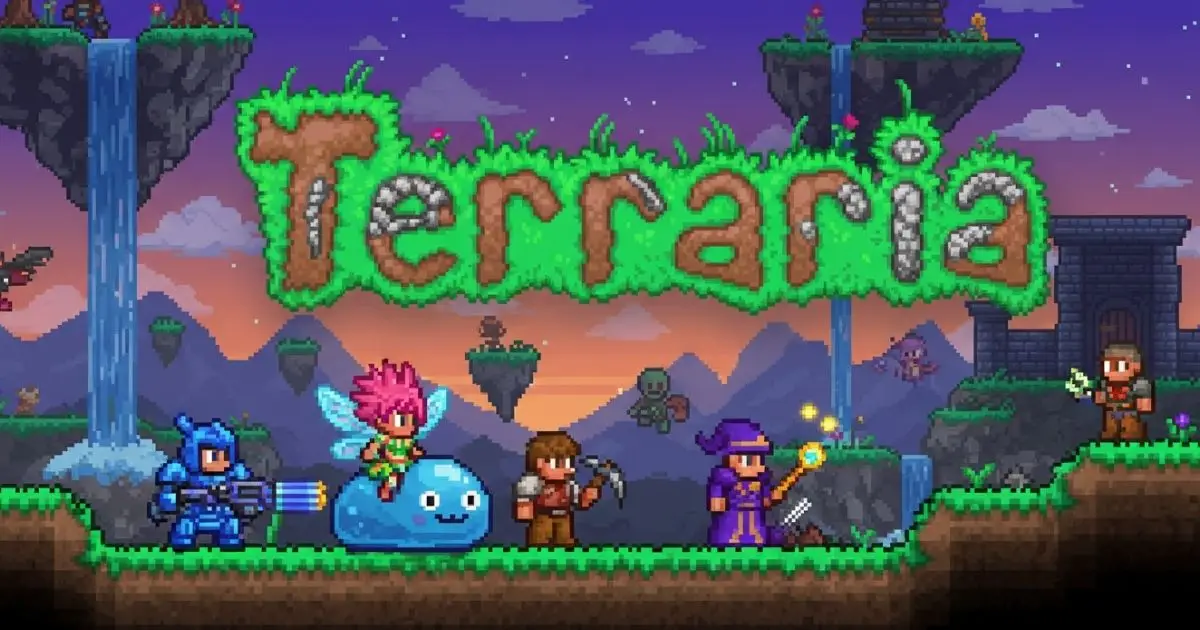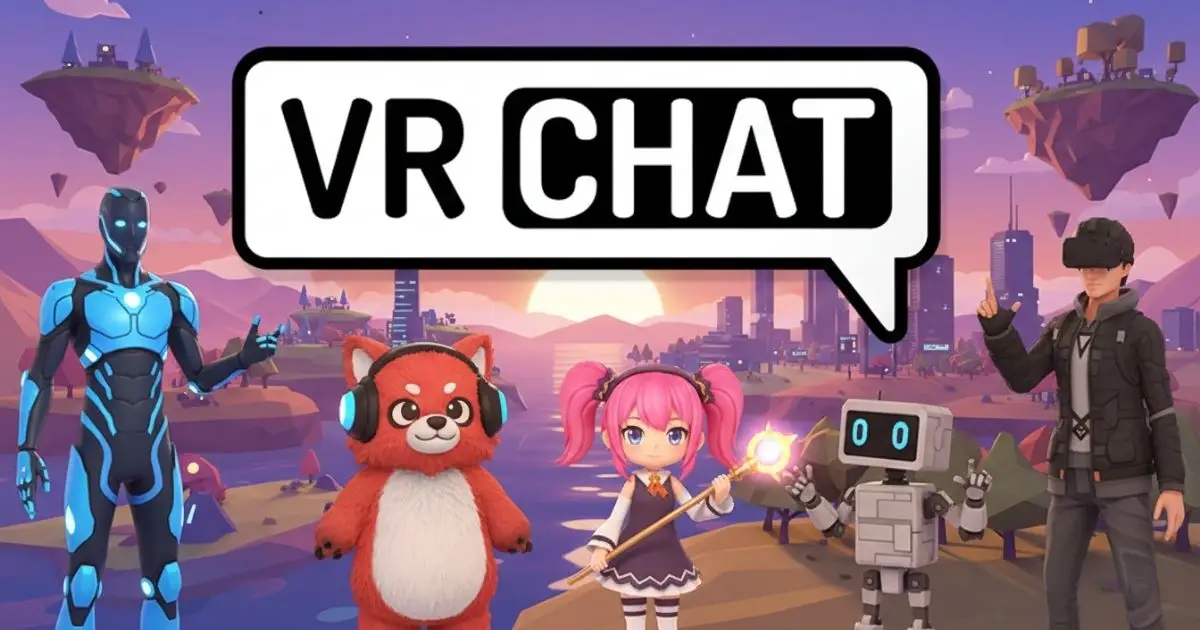ANÚNCIOS
ANÚNCIOS
Die kreativsten Puzzlespiele führen so einzigartige Mechaniken ein, dass sie neue kognitive Ansätze erfordern. Sie zu spielen fühlt sich an, als würde man eine neue Sprache des Denkens lernen und mentale Wege öffnen, von denen man nie wusste, dass sie existieren.
Revolutionäre Mechaniken, die das Gaming verändert haben
Wirklich innovative Rätselmechaniken erscheinen oft unmöglich, bis man sie selbst erlebt. Sie greifen bekannte Konzepte auf und verdrehen sie auf eine Weise, die, sobald man sie verstanden hat, sowohl überraschend als auch unvermeidlich erscheint.
Diese Spiele beweisen, dass die Kreativität beim Rätseldesign nicht durch die Technologie begrenzt ist – sie wird nur durch die Vorstellungskraft begrenzt. Die besten innovativen Mechaniken fühlen sich natürlich an, obwohl sie völlig originell sind.
ANÚNCIOS
Manifold Garden: Schwerkraft als Werkzeug
Manifold Garden revolutioniert das Lösen räumlicher Rätsel, indem es die Schwerkraft selbst manipulierbar macht. Sie können auf jeder Oberfläche laufen, indem Sie Ihre Gravitationsausrichtung ändern, wodurch sich Ihre Wahrnehmung des architektonischen Raums grundlegend verändert.
Die Level bestehen aus unmöglichen architektonischen Strukturen, die sich in alle Richtungen unendlich wiederholen. Was wie eine Wand aussieht, wird durch die Verschiebung der Schwerkraft zum Boden und enthüllt neue Wege und Rätsellösungen.
Die Mechanik zwingt Sie dazu, das konventionelle räumliche Denken aufzugeben. Sie müssen sich denselben Raum gleichzeitig aus mehreren Richtungen vorstellen und so mentale Rotationsfähigkeiten entwickeln, die sich auf andere Aufgaben des räumlichen Denkens übertragen lassen.
Farbkodierte Schwerkraftzonen sorgen für zusätzliche Komplexität. Verschiedenfarbige Objekte fallen in unterschiedliche Richtungen und erzeugen so mehrdimensionale Physikrätsel, die Ihr Verständnis von Kausalität selbst auf die Probe stellen.
Antichamber: Nichteuklidische Puzzle-Logik
Antichamber verlässt die konventionelle Physik und räumliche Logik und erstellt Rätsel, bei denen Sie durch Rückwärtsgehen vorwärts gelangen können und unmögliche Geometrien zu Navigationswerkzeugen werden.
Das Spiel lehrt Sie, Annahmen über das Verhalten virtueller Räume zu hinterfragen. Korridore verlaufen in unmöglichen Schleifen, Räume existieren in anderen Räumen und Perspektivwechsel können völlig unterschiedliche Umgebungen offenbaren.
Um Fortschritte zu erzielen, müssen Sie traditionelle Ansätze zum Lösen von Rätseln verlernen. Lösungen erfordern oft paradoxes Denken und das Ausnutzen der unmöglichen Regeln des Spiels zu Ihrem Vorteil, anstatt gegen sie anzukämpfen.
Mentales Mapping wird entscheidend, da die konventionelle Navigation versagt. Sie entwickeln neue kognitive Strategien zum Erinnern und Navigieren in Räumen, die den Naturgesetzen trotzen.
Gorogoa: Handgezeichnete Panelmanipulation
Gorogoa erstellt Rätsel durch die Manipulation handgezeichneter Tafeln, die übereinandergelegt, getrennt und kombiniert werden können, um verborgene Zusammenhänge aufzudecken und neue Erzählstränge zu schaffen.
Jedes Panel enthält mehrere Detailebenen, die je nach Kombination mit anderen Panels unterschiedliche Funktionen erfüllen. Ein Fenster in einem Bild kann eine entfernte Szene in einem anderen einrahmen und so unmögliche räumliche Verbindungen schaffen.
Der Kunststil unterstützt die Spielmechanik perfekt. Handgezeichnete Illustrationen enthalten subtile visuelle Hinweise, die die Zusammenhänge der einzelnen Panels andeuten, und bieten gleichzeitig genügend Mehrdeutigkeit, um Entdeckungsmomente zu bewahren.
Erzählung und Rätsellösung verflechten sich nahtlos. Das Lösen von Rätseln treibt die Geschichte voran, während Story-Elemente Hinweise für Rätsellösungen liefern. So entsteht ein einheitliches Erlebnis, das in der Spielewelt einzigartig ist.
Fez: Dimensionsrotationsrätsel
Fez transformiert 2D-Plattformspiele durch die Möglichkeit, die Welt im 3D-Raum zu drehen und so verborgene Tiefen und neue Wege in scheinbar flachen Umgebungen aufzudecken.
Was wie ein einfaches 2D-Level aussieht, offenbart beim Drehen mehrere Ebenen. Plattformen, die unmöglich zu erreichen scheinen, werden aus verschiedenen Blickwinkeln zugänglich und schaffen so „unlösbare“ räumliche Rätsel.
Die Rotationsmechanik trainiert räumliche Visualisierungsfähigkeiten, die in anderen Spielen selten genutzt werden. Sie müssen sich im Kopf vorstellen, wie sich die aktuelle 2D-Ansicht beim Drehen verändert, und so fortgeschrittene 3D-Denkfähigkeiten entwickeln.
Versteckte Geheimnisse laden zu einer gründlichen Erkundung aus jedem Blickwinkel ein. Das Spiel belohnt Spieler, die sich die Zeit nehmen, jeden Bereich aus allen vier Rotationsperspektiven zu untersuchen, und enthüllt dabei oft völlig verborgene Räume.
Die Stanley-Parabel: Die Wahl der Erzählung als Rätsel
The Stanley Parable erfindet das Lösen von Rätseln durch erzählerische Entscheidungen neu, wobei das Verstehen der Metakommentare des Spiels und nicht die traditionellen mechanischen Rätsel zur Hauptherausforderung wird.
Der Erzähler beschreibt Ihre Aktionen während des Spiels. Sie können diesen Beschreibungen folgen oder sie ignorieren. Die Spannung zwischen Erzählung und Spielerhandlung schafft den Rahmen des Rätsels.
Jeder Durchgang offenbart verschiedene Handlungsstränge und Endvarianten. Das Rätsel besteht darin, zu verstehen, wie sich Ihre Entscheidungen sowohl auf die Erzählung als auch auf die Reaktionen des Erzählers auswirken.
Meta-Gaming-Elemente stellen Annahmen über die Handlungsfähigkeit des Spielers und die Kontrolle des Autors in Frage. Sie lösen nicht nur Rätsel im Spiel, sondern erforschen auch Fragen zum Geschichtenerzählen selbst.
Splice: Genetisches Puzzle-Engineering
Splice verwandelt die Molekularbiologie in ein Puzzlespiel und fordert Sie heraus, DNA-ähnliche Strukturen zu manipulieren, um durch Schneide- und Spleißvorgänge bestimmte genetische Muster zu erhalten.
Jedes Level stellt einen zellulären Organismus mit verzweigten Strukturen dar, die Sie durch Spleißvorgänge verändern. Ziel ist es, spezifische Muster zu erstellen und dabei biologische Einschränkungen einzuhalten.
Die Mechanik vermittelt echtes wissenschaftliches Denken über genetische Prozesse. Sie lernen zu visualisieren, wie sich das Schneiden an bestimmten Punkten auf ganze Molekülstrukturen auswirkt und entwickeln so ein Verständnis für biologische Systeme.
In den fortgeschrittenen Levels werden mehrere Organismentypen mit unterschiedlichen Spleißregeln eingeführt, wodurch komplexe biologische Rätsel entstehen, die echte Herausforderungen der Gentechnik widerspiegeln.
Papiere, bitte: Bürokratie als Spieldesign
Papers, Please verwandelt die alltägliche Dokumentenprüfung in ein spannendes Puzzle-Gameplay, bei dem Sie unter Zeitdruck Unstimmigkeiten und Unstimmigkeiten in den Einwanderungsunterlagen erkennen müssen.
Jeden Tag kommen neue Regeln und Dokumentationsanforderungen hinzu. Sie müssen mehrere Kriterien gleichzeitig verfolgen und gleichzeitig die Verarbeitungsgeschwindigkeit aufrechterhalten, um ein ausreichendes Einkommen zu erzielen.
Die moralischen Dimensionen machen mechanische Rätsel komplexer. Richtige Lösungen gemäß den Spielregeln können mit humanitären Instinkten in Konflikt geraten, wodurch ethische Rätselelemente entstehen.






